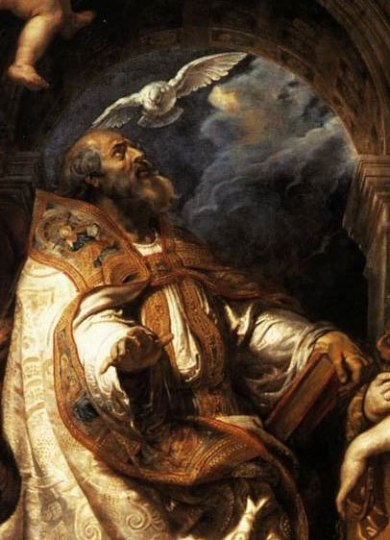Podcast: Play in new window | Download (Duration: 4:21 — 3.0MB) | Embed
Subscribe: Apple Podcasts | Spotify | Amazon Music | Android | Pandora | iHeartRadio | JioSaavn | Podchaser | Gaana | Podcast Index | Email | TuneIn | Deezer | Anghami | RSS | More
A Novena in honor of Ven. Bruno Lanteri, founder of the Oblates of the Virgin Mary
Day 5 – Honoring God by Joy 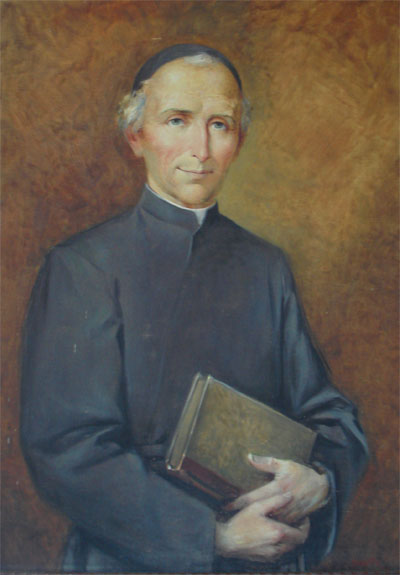
“Sometimes it may seem as though God does not react to evil, as if he is silent. And yet God has spoken. He has replied, and his answer is the cross of Christ: a word that is love, mercy, forgiveness.”
With spiritual joy, one gives greater honor and glory to God, manifesting with deeds that he thinks well of God and is content in His service and with His treatment. With persistent unhappiness, by contrast, one dishonors God, slights God by one’s deeds and manifests that he thinks poorly of God. …If it is such a horrible thing to demean one’s neighbor, what then will it be to demean God? A sad servant dishonors his master, but a joyful and content servant honors him. For that reason we want to give to others a great idea of God our Father in order to give Him the glory that is His due. We want to serve Him with joy and delight, and not with sadness and against our will. We esteem, we appreciate, we magnify His gifts. We pray by hoping in Him, and we glorify Him again, as a God absolutely good, merciful, generous, and faithful. Let those be sad who serve tyrants, such as the world, the flesh, and the devil.
”Speak about God with all, however, in a way that is worthy of Him. It is in accordance with the counsel of the Holy Spirit: Think of God in a spirit of goodness (Wisdom 1:1).”
Most Holy Trinity, Father, Son and Holy Spirit, you created me in your plan of love. You created all the things on the face of the earth to help me find true happiness. Fully aware of my weakness, I resolve this day to think of you as you really are: merciful, compassionate, loving, and determined to bring me happiness.
Daily Novena Prayer
Venerable Bruno Lanteri, I come to you confident in the words of Jesus: Ask and you shall receive (Matthew 7:7). You said, “It is impossible to hope too much; the one who hopes for everything attains everything.” You taught that the greatest miracles are those that change the heart. Through your intercession, may the good God, whose infinite mercy surpasses all the malice of the world, console my heart and grant my request.
By your prayers keep my poor heart in peace, protect me from discouragement, and help me to serve God with a holy joy. Amen.
O Father, fountain of all life and holiness you gave Father Bruno Lanteri great faith in Christ, your Son, a lively hope, and an active love for the salvation of his brethren. You made him a prophet of your Word and a witness to your Mercy. He had a tender love for Mary and by his very life he taught fidelity to the Church. Father, hear the prayer of your family and, through the intercession of Fr. Lanteri, grant us the grace for which we now ask…. May he be glorified on earth that we may give you greater praise.
We ask this through your Son, Jesus Christ, our Lord. Amen.

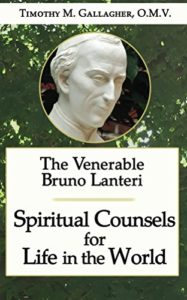
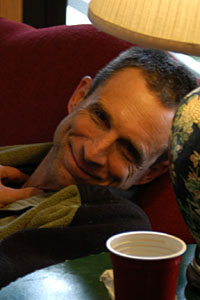
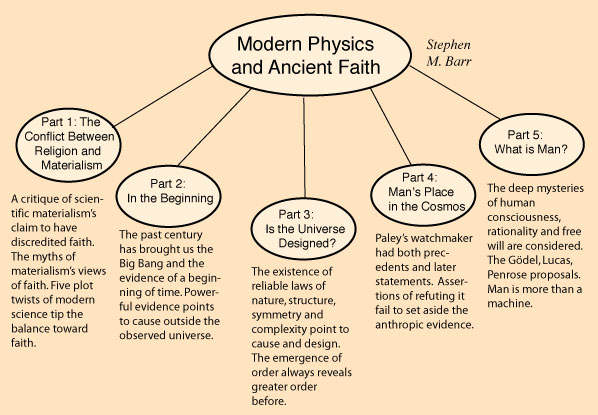 “Christian Apologetics with Dr. R. R. Reno” explores numerous facets of faith and reason in the life of the Church and the world. Grounded on the work of giants, such as St. Thomas Aquinas, St. Bonaventure, Blessed John Newman, soon-to-be Blessed John Paul II, G. K. Chesterton, Blaise Pascal and Stephen Barr, Dr. Reno helps us to open our minds to make the journey to our hearts.
“Christian Apologetics with Dr. R. R. Reno” explores numerous facets of faith and reason in the life of the Church and the world. Grounded on the work of giants, such as St. Thomas Aquinas, St. Bonaventure, Blessed John Newman, soon-to-be Blessed John Paul II, G. K. Chesterton, Blaise Pascal and Stephen Barr, Dr. Reno helps us to open our minds to make the journey to our hearts. In this episode, Dr. Lilles discusses the Third Mansions Chapter 1 of the “Interior Castle” which covers:
In this episode, Dr. Lilles discusses the Third Mansions Chapter 1 of the “Interior Castle” which covers: For other audio recordings of various spiritual classics you can visit the
For other audio recordings of various spiritual classics you can visit the 

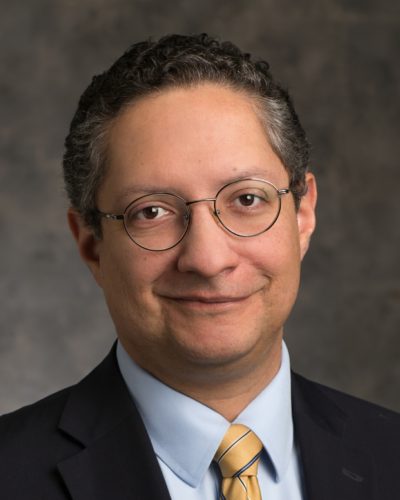 Episode 22- Regnum Novum: Bringing forth the New Evangelization through Catholic Social Teaching with Omar Gutierrez – We begin the study of the “
Episode 22- Regnum Novum: Bringing forth the New Evangelization through Catholic Social Teaching with Omar Gutierrez – We begin the study of the “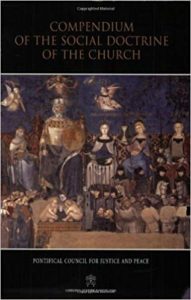
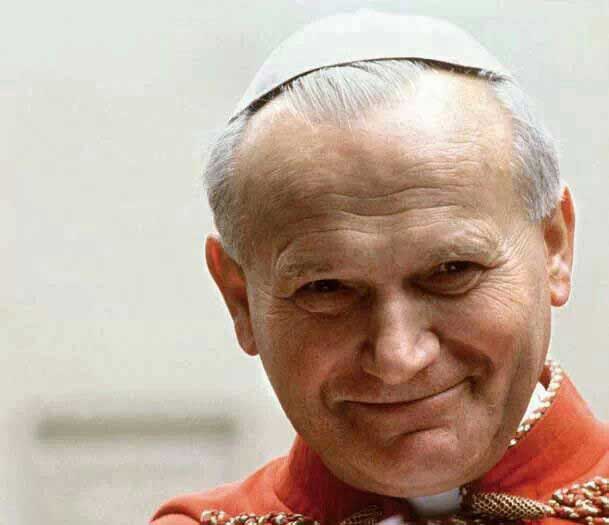
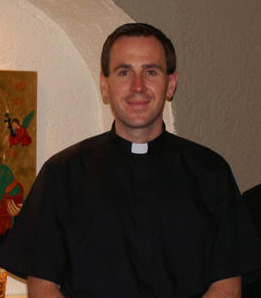
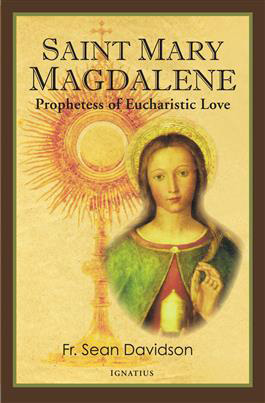 You can find the book
You can find the book 
